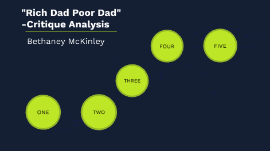Critique Presentation
Transcript: Favreau's expertise is the action-comedy genre. The methods he used were quite effective. The script gave the characters the ability to show off, even if it was for a short time. Directed by Jon Favreau, Iron Man 2 is the second movie of the franchise. Tony Stark tells the world that he is Iron Man, and now he must deal with the consequences. His purpose for the movie Opinion What I enjoyed the most was Robert Downey Jr.'s performance as Tony Stark; the least, the lack of meaningful message and character development. The movie follows a linear, chronological order. Favreau, above all, wanted to express that overconfidence can and will get you hurt, and that the good guys always end up triumphant. He is successful in doing such. Script To bring to life the beloved and acclaimed superhero. Director's point Jonathan Kolia Favreau was born in 1966, in Queens, NY. He has directed hits like Elf and Cowboys & Aliens. He has appeared in the movie Couples Retreat and the series Friends. He plays Happy in the movie Iron Man. The soundtrack used in this film is a more upbeat, rock type of music, which separate this flick from the rest. Critique Presentation Jesús Vega Music About the Director Evaluation Order

















